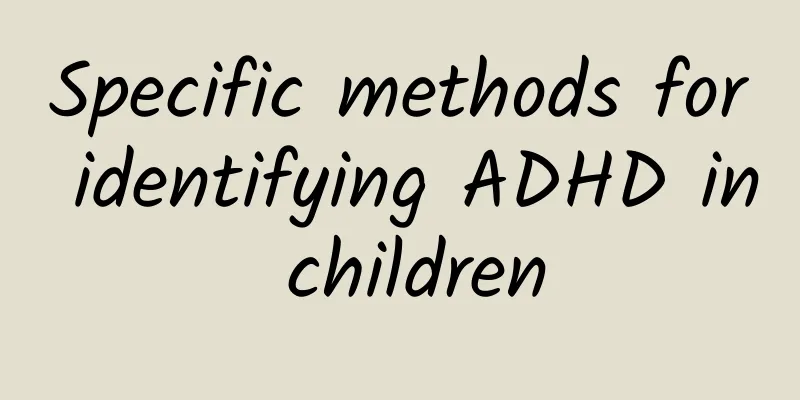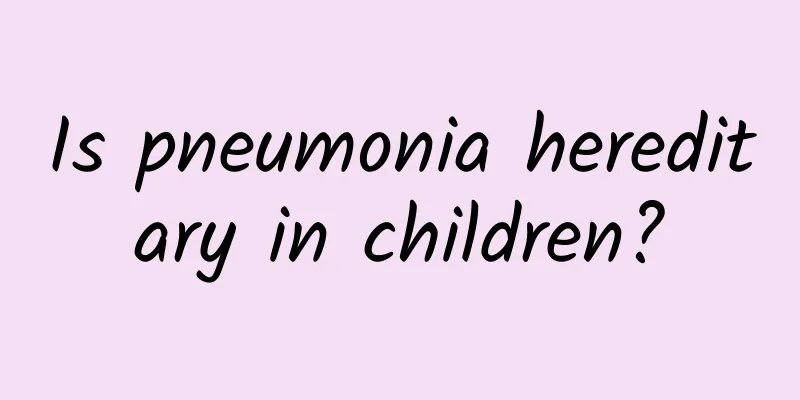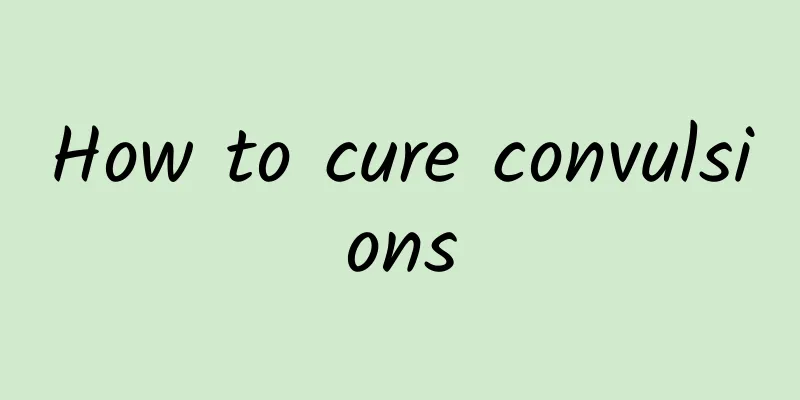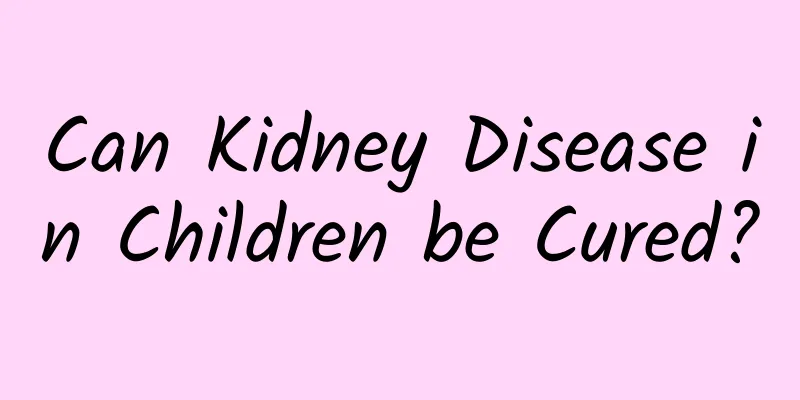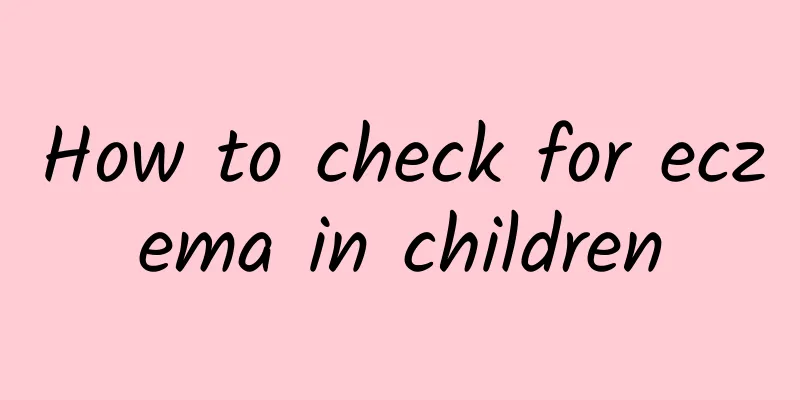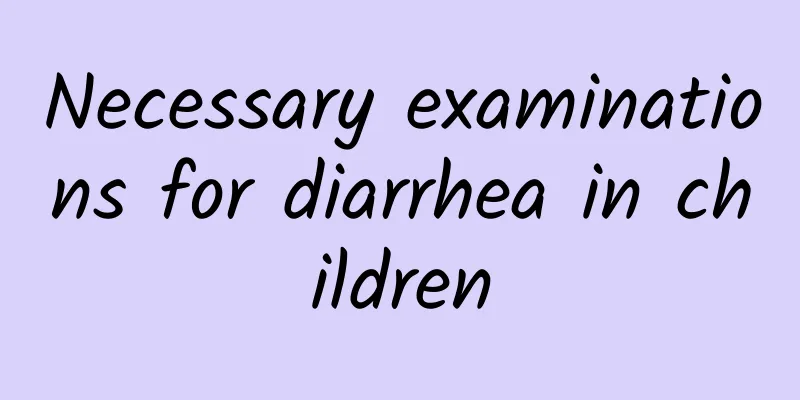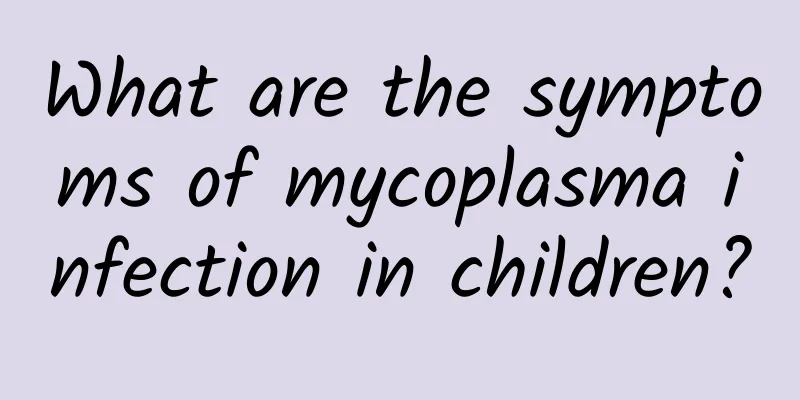How to treat hand, foot and mouth disease in a four-year-old child
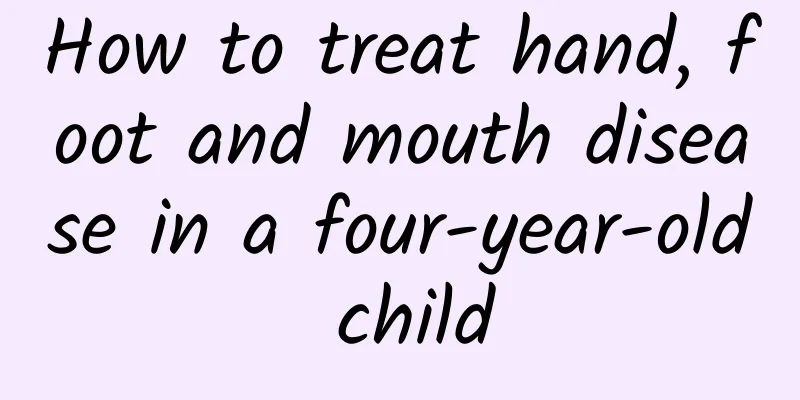
|
The treatment of hand, foot and mouth disease in four-year-old children is mainly symptomatic, while paying attention to isolation and preventing complications. Hand, foot and mouth disease is an infectious disease caused by enterovirus. Common symptoms include fever, oral ulcers, and hand and foot rashes. Most children have mild symptoms, but a few may develop severe symptoms. Treatment includes fever reduction, oral care, and rash treatment. At the same time, it is necessary to closely observe changes in the condition and seek medical attention in time if necessary. 1. Antipyretic treatment: When the child has a fever, antipyretic drugs such as acetaminophen or ibuprofen can be used. Note that the dosage should be calculated according to the weight to avoid overdose. Physical cooling such as warm water sponge bath can also assist in cooling down, but avoid using alcohol sponge bath. 2. Oral care: Oral ulcers may cause children to refuse to eat. You can use normal saline or children's special mouthwash to clean the mouth, and apply watermelon frost spray or oral ulcer patches topically to relieve pain. 3. Treatment of rash: Hand and foot rashes usually do not require special treatment, just keep the skin clean and dry. If the rash is itchy, apply calamine lotion to relieve the itching and avoid scratching to prevent infection. 4. Diet adjustment: Children may have a decreased appetite due to oral pain, so they can be given liquid or semi-liquid food, such as rice porridge, soup, fruit puree, etc., and avoid spicy, overly hot or hard food. 5. Isolation and observation: Hand, foot and mouth disease is contagious, and children with the disease need to be isolated at home and avoid contact with other children. Parents need to closely observe the mental state, body temperature, breathing, etc. of the children. If they have symptoms such as persistent high fever, vomiting, and drowsiness, they need to seek medical attention immediately. Most children with hand, foot and mouth disease have a good prognosis, but parents need to be alert to severe cases, seek medical treatment in a timely manner and follow the doctor's orders for treatment. At the same time, they should pay attention to daily hygiene, wash hands frequently, disinfect toys, and prevent the spread of the disease. |
<<: Is atypical Kawasaki disease serious?
>>: What are the causes of neonatal jaundice?
Recommend
Adverse consequences of pneumonia in children
I believe we all know that neonatal lung is the m...
Types of neonatal jaundice Why is jaundice in children not treated?
1. Physiological jaundice Usually, the skin of a ...
What medicine is better for babies with cough and fever? What are the treatments for babies with cough and fever?
It is very common for babies to have symptoms suc...
How to treat a 4.5 month old baby with a cough and phlegm How to treat a 4.5 month old baby with a cough and phlegm
If a 4.5-month-old baby has a cough and phlegm, y...
What kind of milk powder is better for babies with eczema? What is the reason for babies to be allergic to milk powder?
Pediatric eczema is a common disease, and many ba...
How to treat a baby who is over 40 days old with a cold and cough How to treat a baby who is over 40 days old with a cold and cough
Colds and coughs are indeed common. In order to e...
What are the treatments for polio?
The treatment of polio is actually not a very com...
Treatment of patent ductus arteriosus
What are the treatments for patent ductus arterio...
How to treat allergic cough in children How to use medicine for allergic cough in children
Children's body systems are not fully develop...
Is ADHD treatment expensive?
Is the cost of ADHD treatment high? ADHD is a com...
What are the symptoms of hand, foot and mouth disease in children? 4 examination items for hand, foot and mouth disease in children
Hand, foot and mouth disease is a common disease ...
What to do if your baby coughs and retches
When the baby coughs and retches, you can use ped...
Is your child malnourished?
1. Mood changes A large amount of research data s...
Nursing and health care for children with pneumonia
Neonatal pneumonia is a lung disease with very co...
How to prevent polio symptoms in infants
Once a child shows symptoms of paralysis, it will...
